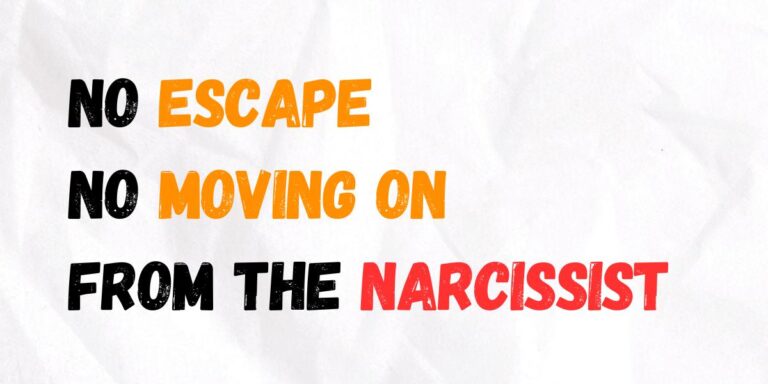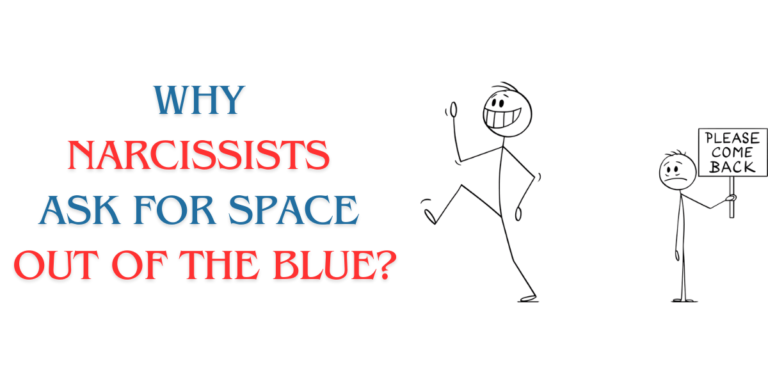How is Dating Someone Who Was Abused by a Narcissist?
Congratulations! You’re dating someone who was abused by a narcissist, a narc survivor. That means their past love story was less of a fairy tale and more of a psychological thriller where the villain gaslighted, manipulated, and drained every ounce of self-worth from them. Now, here you are, trying to be the wonderful person who…







